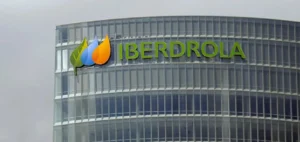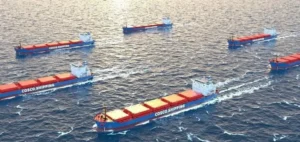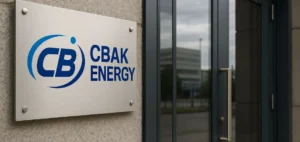In the first quarter of 2024, Saudi Aramco posted a net profit of $27.27 billion, or 102.27 billion Saudi riyals. This figure is down on the same period last year. Lower crude oil sales volumes were a key factor in this decline. Saudi Arabia currently produces nine million barrels a day, well below its capacity of 12 million barrels. The drop follows successive production cuts decided by OPEC+ countries since October 2022, with the aim of boosting prices.
Impacts of OPEC+
In April 2023, Saudi Arabia and its OPEC+ partners agreed to cut production by a further one million barrels a day. Then, after the OPEC+ meeting in June 2023, Saudi Arabia announced a further reduction of one million barrels per day. The reduction in production, in force since July 2023, will be extended until the second quarter of 2024. Thereafter, reduction volumes will be progressively released in line with the market.
Financial challenges and Vision 2030
Saudi Aramco plays an essential role in the Saudi economy. Crown Prince Mohammed bin Salmane is counting on oil revenues to finance the Vision 2030 program. This program aims to reform the economy and prepare the country for the post-oil era. In 2019, Aramco generated $29.4 billion from its IPO by selling 1.7% of its shares. Recently, the Saudi government transferred a new stake in Aramco to the Public Investment Fund (PIF). Despite these efforts, the Ministry of Finance is forecasting budget deficits until 2026, as reform-related expenditure remains high.
Climate commitments and skepticism
Saudi Arabia is aiming for zero net carbon emissions by 2060. However, some environmental activists are sceptical about these objectives. Aramco is committed to achieving carbon neutrality by 2050 for its operations, excluding emissions from products sold. The 10.6% decline in oil activities also caused Saudi GDP to fall by 1.8% in the first quarter of 2024 compared with 2023.
Despite falling profits and financial challenges linked to oil production, Saudi Aramco remains a key player in the Saudi economy. The Group is seeking to reconcile its climate commitments with maintaining the oil revenues needed to finance its reforms.




















